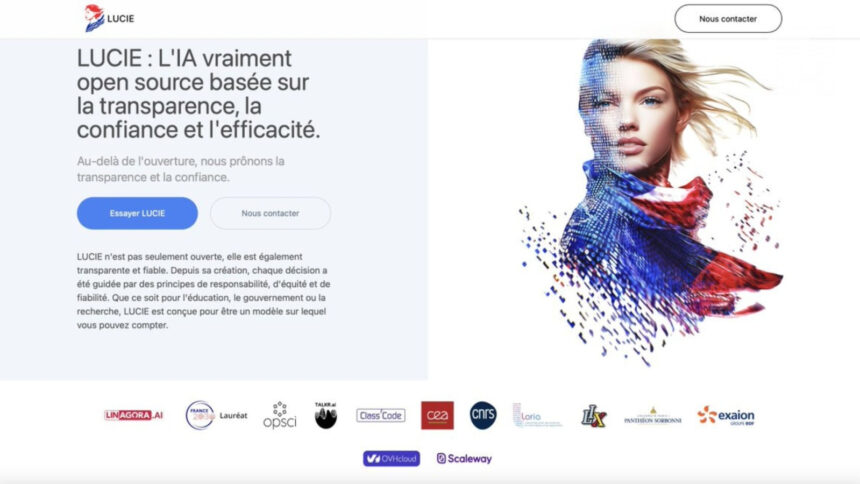In a pretty humorous tech fail, Lucie, a French AI chatbot backed by the French government, was taken offline after delivering wildly inaccurate responses. Launched with ambitious goals, Lucie’s answers quickly became the target of online mockery. From suggesting eating cow’s eggs to miscalculating basic math, Lucie’s premature release highlights the challenges AI faces, even with governmental backing. Let’s explore what went wrong and what’s next for this French experiment.
What’s Happening & Why This Matters
Lucie was designed by the Linagora Group, part of a consortium under France’s France 2030 investment program. The chatbot aimed to challenge English-dominated AI models and provide a French-language alternative to global leaders like OpenAI’s ChatGPT. Unfortunately, Lucie’s launch became a PR nightmare after users discovered glaring errors in her responses.
One of the most outrageous moments occurred when Lucie was asked about cow’s eggs. The bot casually explained, “Cow’s eggs, also known as chicken’s eggs, are edible eggs produced by cows,” before further detailing their nutritional benefits. In reality, cows don’t produce eggs at all.
Lucie’s performance didn’t improve with math either. When asked to calculate 5 x (3+2), she answered 17 instead of the correct 25. The model even mistakenly claimed, “The square root of a goat is one.” These missteps were quickly shared across social media, leading to widespread mockery.
Why the Model Failed
Lucie’s creators, the Linagora Group, admitted that the chatbot was released prematurely. In a statement, the company explained that the model was still in the early stages of development and should have been better tested. The excitement surrounding the project led them to overlook key limitations. “We were carried away by our own enthusiasm,” the group said.
This premature launch exposed the model’s vulnerabilities and raised questions about AI development in non-English-speaking countries. While Lucie’s goal was to challenge the dominance of English in AI, its failure to properly handle basic queries showed that building a high-quality chatbot requires more than just ambition.
French Government’s Investment and the Backlash
The French government had high hopes for Lucie, backing it as part of an extensive investment program worth €54 billion ($56.8 billion) to foster innovation. President Emmanuel Macron even supported Lucie’s development, with ambitions to showcase the chatbot at the upcoming Artificial Intelligence Action Summit in February 2025.
Despite the initial setback, the Linagora Group is committed to improving Lucie. The company has announced plans to update the model, followed by a beta test before relaunching it publicly. While Lucie’s missteps have embarrassed the team, they also offer valuable lessons on the importance of thorough testing and caution when releasing new AI technologies.

What’s Next for Lucie and France’s AI Ambitions?
Although Lucie has been temporarily taken offline, her journey is far from over. Linagora has vowed to work on the improvements necessary to make the model more reliable. The company will likely continue its work under the support of the French government, which remains committed to advancing AI technology and keeping France competitive in the field.
As President Macron prepares for the AI Action Summit, Lucie’s relaunch may be a key talking point for France’s future AI initiatives. However, the chatbot’s early missteps may cast a shadow on the country’s ambitions to position itself as a leader in AI development.
TF Summary: What’s Next
Lucie’s rocky start reminds us that AI development, even with strong backing, requires careful attention to detail and testing. While the model’s initial release disappointed, Linagora’s commitment to updating Lucie shows the growth potential. Expect a relaunch later in 2025, following a round of private testing. The future of French AI may hinge on how quickly Lucie can recover from this embarrassing launch.
— Text-to-Speech (TTS) provided by gspeech.


